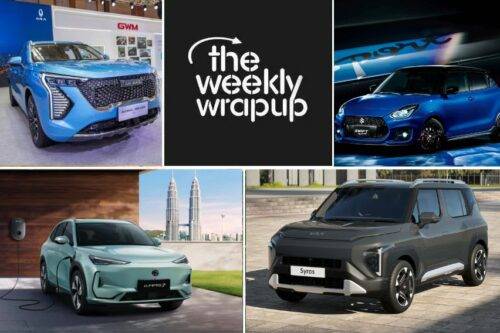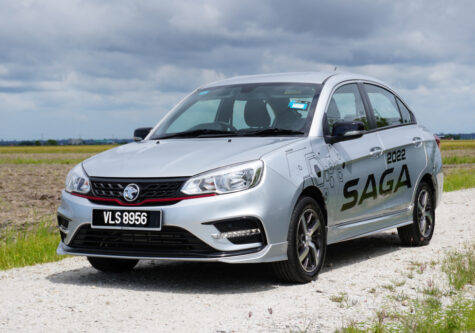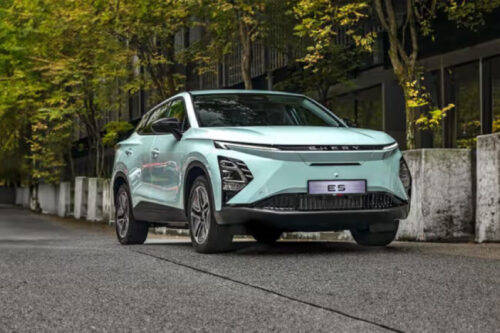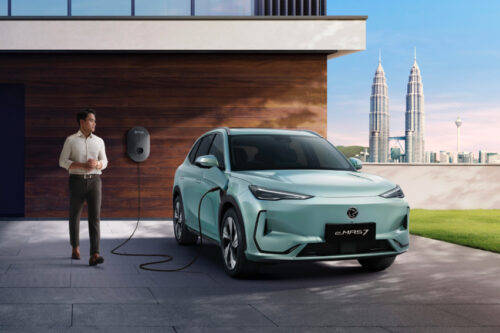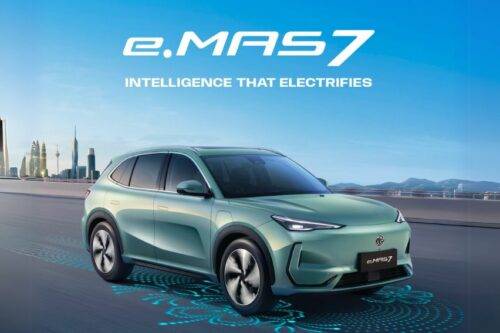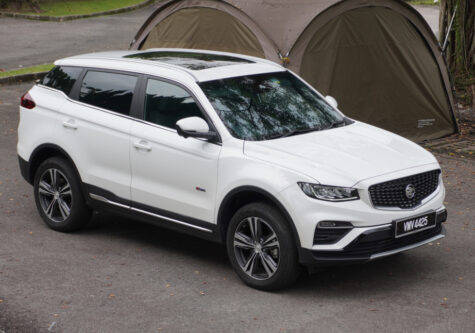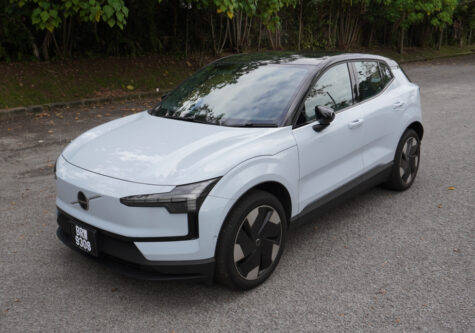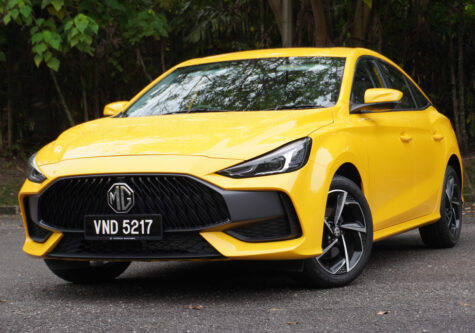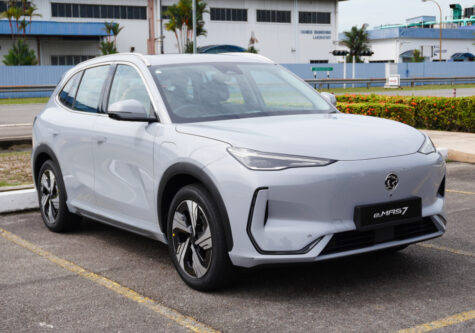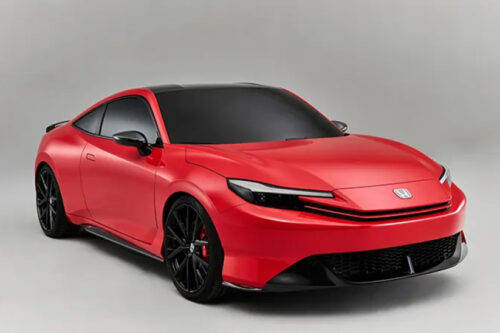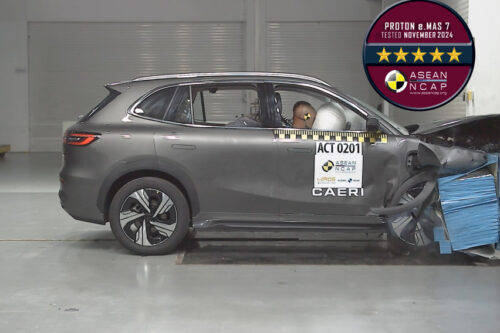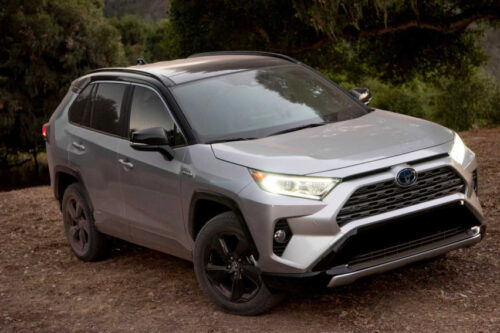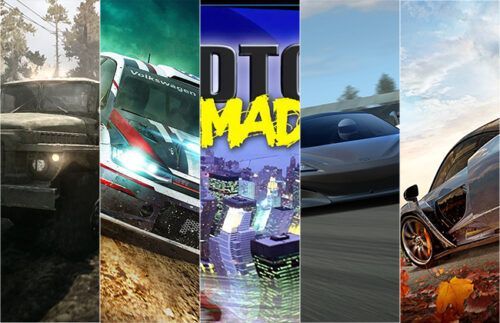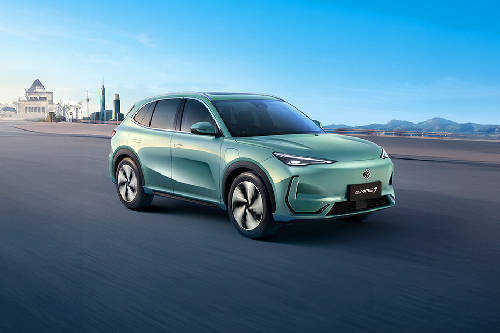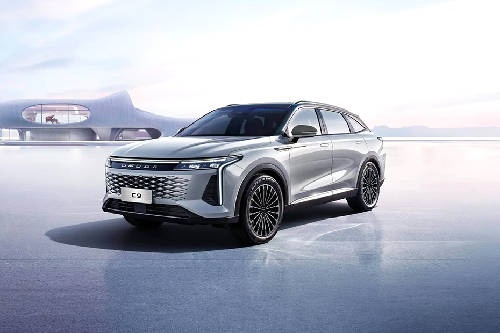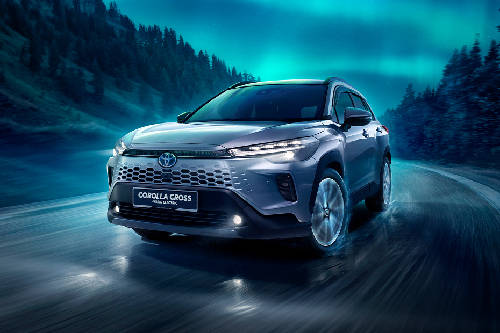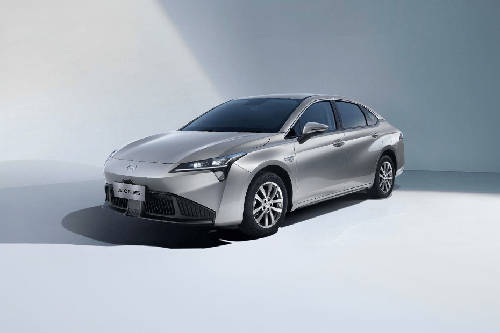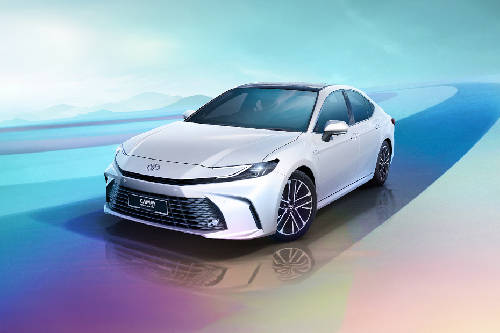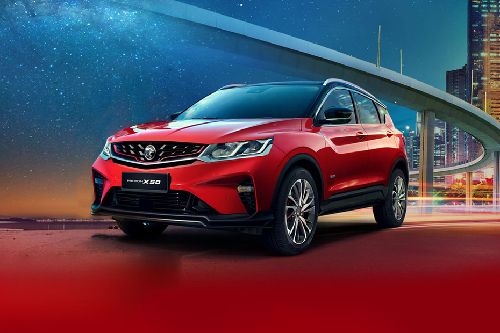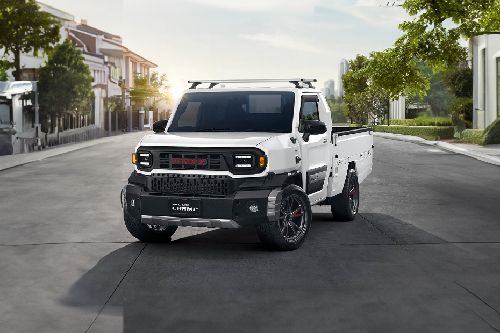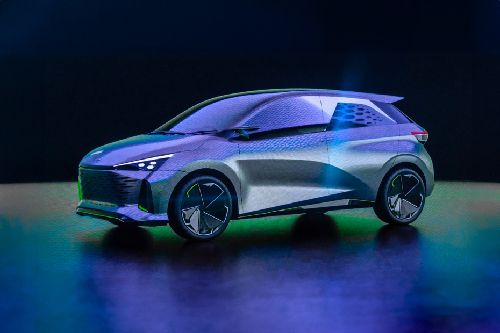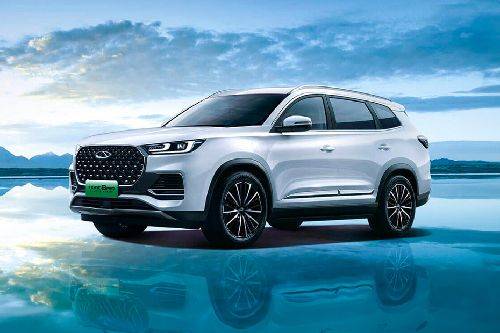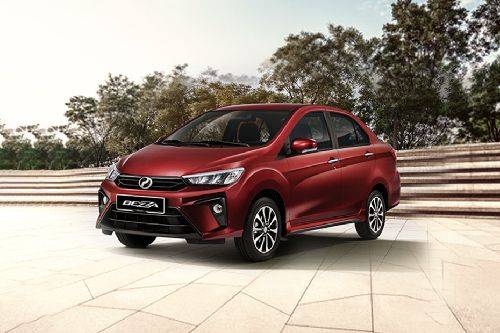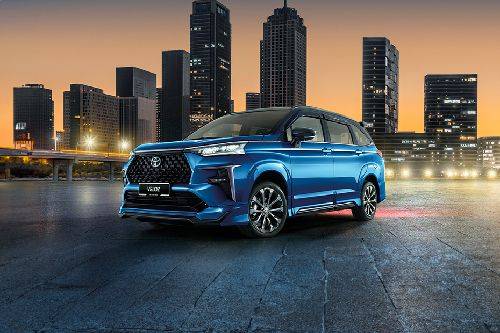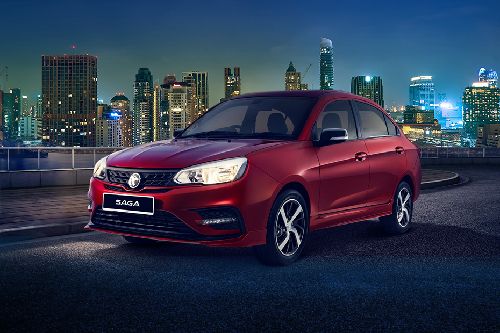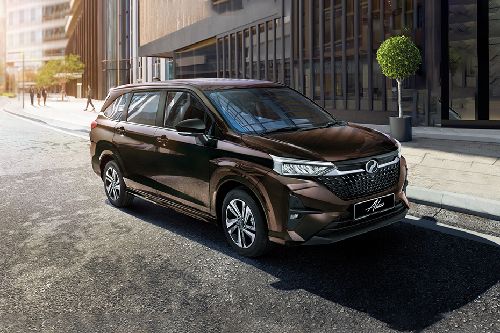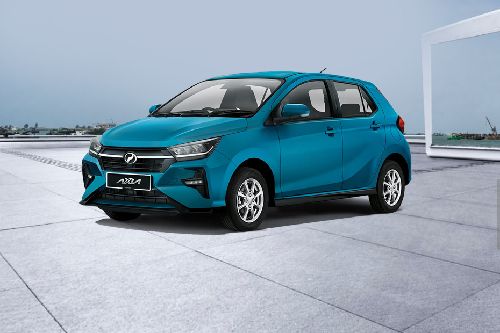COVID-19 & its impact on future mobility

Experts around the globe have started analysing the effect of the coronavirus or, more precisely, the response of social distancing - on future mobility patterns. Many questions pop-up in our heads like - will the work-from-home culture continue to avoid commuting? Will people shun crowded public transport services and switch to more personal modes of travel, like bikes & cars? Or, will the future public transport system be redesigned to provide more personal space? Will future travel be taken to places considered safe or perhaps more locally?
Whatever the case may be, one thing is pretty clear that the crisis will have a long-lasting and certainly unpredictable impact on all forms of mobility and shared services. On the flip side, it’s important to get answers as then only we’ll be able to prepare for the future effectively and efficiently - auto companies with their future product and government with tits investments and policies. Additionally, people’s behaviour and companies and government investment will have a substantial impact on the environment and carbon emissions.

Let’s now discuss the different ways in which the virus could affect the course of mobility -
New car sales
The data and anecdotes coming from China suggest that new car sales in the area hit by the virus and hence under lockdown have come soaring back as cities begin to open up. Why? Well, we think that might be because people now see personal vehicles safer over public transport. So, taking a clue from here, we expect the same trend to follow in other countries as well.
However, this trend is a bit worrisome in the case where a significant portion of the new sales is supported by internal combustion engines, which in turn will post massive pressure on the environment. Therefore, proper policies - mandates and incentives will be required to put in place to ensure a portion of sales is supported by electric vehicles.
Speaking of China, electric vehicle sales have been flatling in the country for the last few years, and that’s because of the lack of government support. The year 2020 was expected to be a breakout year, but that won’t happen any longer. As for global EV sales, WooMac says that figures are expected to drop this year.
Taking about the segments that are believed to benefit the most post-COVID-19 are the affordable hatchbacks and compact sports utility vehicles. Why? Well, like most Asian countries, Malaysia is also a price-sensitive market, and cars in this segment will do the needful, i.e., provide safe commuting. Customers can also go for affordable motorcycles.
According to a survey conducted in China, 66% of people are thinking of buying a car as opposed to 34% before the outbreak. Also, only 15% of respondents plan to opt for cab services compared to 21% before.
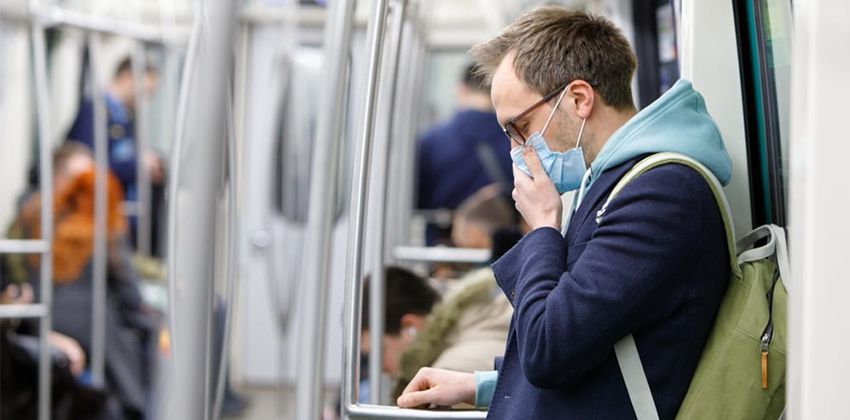
Public transportation
With more and more people opting for private vehicles, public transit is going to suffer badly and it would be a struggle to bring back the ridership and convince riders and even drivers that the mass shared environment can keep everyone safe from viruses. However, convincing people seems to be a difficult task as worldwide, many transit worker death rates are on the rise, for e.g., in New York City, around 41 transit workers have died due to coronavirus. In San Francisco, a vast majority of transit services are closed, as 40% of the operators are not working. These workers could be properly protected via protective gear, but the agencies don’t appear to be interested in spending funds on the folks.
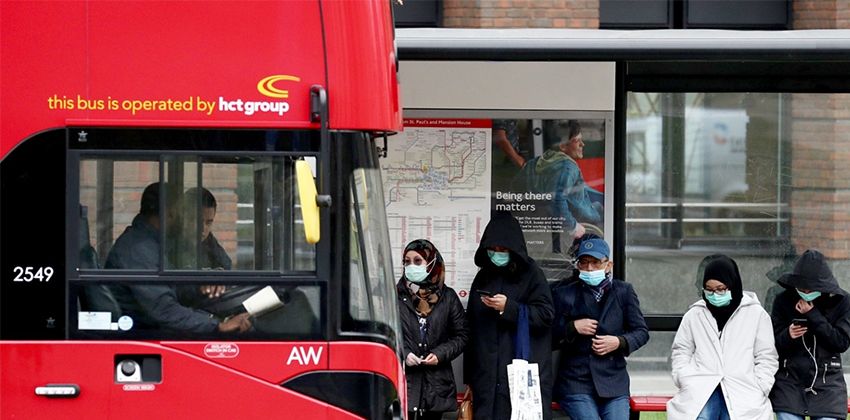
Shared services
Even the hottest urban mobility trend, i.e., shared cars and scooter services are facing an equally dark time, and the trend might continue. A global survey conducted by Cars.com that included over 3000 men and women aged between 23 and 73 years in mid-March suggests that over 40% of them stopped using ride-sharing services offered by companies like Uber and Lyft to slim the chances of catching the deadly virus. Over 90% said they are using personal vehicles as they trust their own car over a stranger’s vehicle that carries several passengers in a day. Since the purchasing power in Malaysia isn’t as high as developed countries, we believe rental/leasing providers can make a big difference. Automakers like Renault that offer car subscription services are expected to see 3-4 times jump in demand.
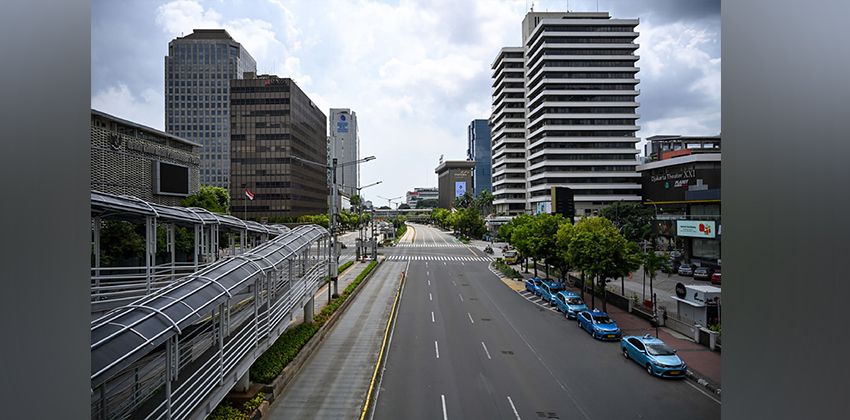
Urban mobility infrastructure
In some parts of the world, transportation departments have started working on making residential streets more spacious for residents to bike, exercise, and walk. In Oakland, California 74 miles of city streets have been opened to cyclists and pedestrians. Such local urban mobility initiatives show a positive effect of refashioning cities around moving people instead of cars.
Moving towards sustainable mobility policies
The recent decrease in traffic and transportation has resulted in a significant drop in air pollution levels around the world. For instance, in New York, there is a 50% drop in carbon monoxide levels from cars. China also showed a significant reduction in air pollution, mainly from power plants and automobiles. Thus, proving that reducing vehicle movement could make a big difference, and we get cleaner air instantly. Many believe that these changes are temporary, but we expect world leaders to form policies that continue to spur things such as electric commuter buses and telecommuting.

Biking
Biking is getting renewed attention as a perfect transportation option for a pandemic. Bike use and shared bike use have gone up, and cities, including New York and Milan, have announced a plan to reconfigure roads for cyclists. Improving air quality is one reason, but encouraging people to walk and the cycle is another as fitter people are at less risk from all sorts of diseases, particularly respiratory ones. Therefore, future mobility might push us towards a greener and healthier lifestyle.
Conclusion
While motor traffic and travel at some point will go back to previous numbers, but the journey away from fossil fuels and towards low carbon alternatives must go-on. We strongly believe that the post-pandemic world holds the potential to offer better urban mobility options compared to the world before. But we need our leaders to make smart decisions now to get us there.
Also Read: Impact of Coronavirus on the global auto industry: Daily Roundup
Sell your car at the best price
 Verified and genuine buyers
Verified and genuine buyers
Trending & Fresh Updates
- Latest
- Popular
You might also be interested in
- News
- Featured Stories
Featured Cars
- Latest
- Upcoming
- Popular
Latest Car Videos on Zigwheels


